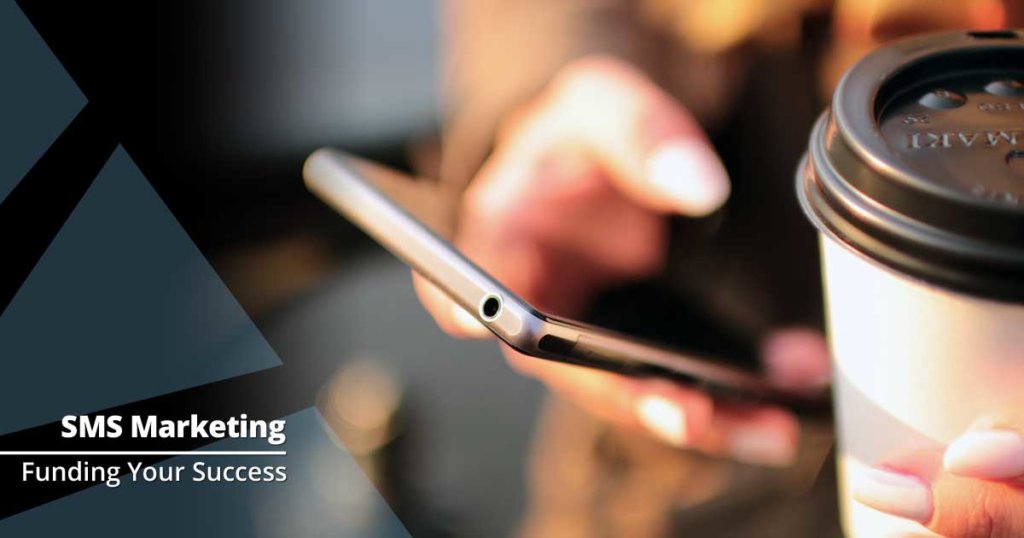Switch Up Your Strategy with SMS Marketing

The way customers want to interact with a brand is ever evolving. And as we toggled between television and direct mail and email, marketing strategies had to shift as well. Short Message Service (SMS) marketing has been around for years—simply put, it’s a text message. Pharmacies can send them when a prescription is ready for refill; major delivery companies can send them when a package has been dropped off; and big box stores can send them when an item is ready for pick-up. The types of SMS texts that travel from business to consumer are widely varied, and integrating them into your marketing strategy is a recipe for success. Here’s why you should switch up your strategy with SMS marketing.
Let’s look at the numbers. Techjury has an entire article devoted to SMS stats, but we wanted to highlight some particularly staggering ones: SMS messages have a 98 percent open rate (that’s 5 times more than email); their response rate is 209 percent higher than standard marketing tactics, including email, phone calls, or Facebook; and SMS-based campaigns have a performance rate 7 times higher than email marketing campaigns. Why, you ask? There are billions of smartphones across the globe. We’re attached to our devices 24/7, sending and receiving thousands of text messages a month. If you want to grab someone’s attention, texting is where it’s at. From brand awareness and engagement to coupon delivery, SMS messages are a true workhorse to have in your marketing arsenal.
Another reason SMS messages are so effective is because by nature, they are short. Best practices dictate keeping them to 160 characters to ensure they’re sent to phones as a single message. It’s that brevity that catapults SMS messages above emails, seeing as consumers have an attention span of about 8 seconds—the perfect amount of time to read a text!
Consumers respond so positively to SMS marketing in large part because they have to opt-in to receive your messages. That’s right, it’s the law. Customers are inviting you into their phone, a very personal device that also sees messages from the most important people in their lives. They’re trusting you, as a retailer, not to abuse that trust. Pay back the favor by sending thoughtful messages that are concise, to-the-point, and arrive at appropriate times. Depending on your audience, consider whether it makes more sense to deliver your SMS messages during the workday or after-hours. The key is to not be annoying. It’s just as easy for a customer to opt-out of your messages if they start coming too frequently or at inopportune times.
As we continue to navigate a new normal in the retail and service industries, staying fresh with your marketing strategy becomes increasingly important. Consider SMS messages as a new part of your marketing campaigns—regardless of your industry, they can truly be a game-changer if implemented correctly.

